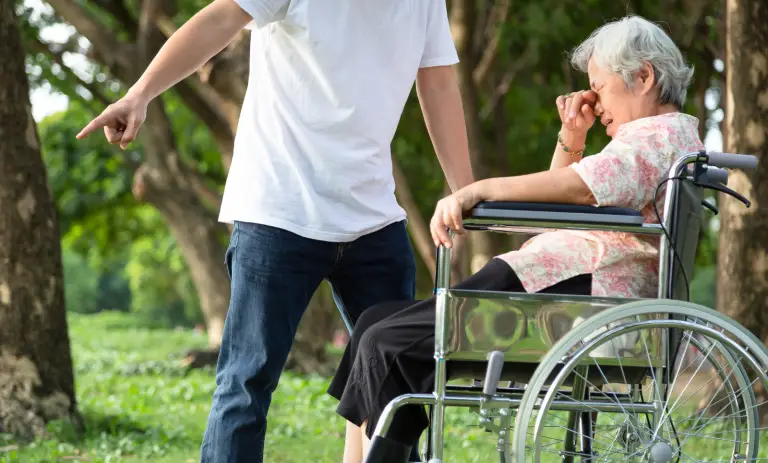
Listen Min Read Elder abuse is a growing concern in Singapore, with cases continuing to rise in recent years. In 2022, 370 elder abuse cases were reported, up from 338
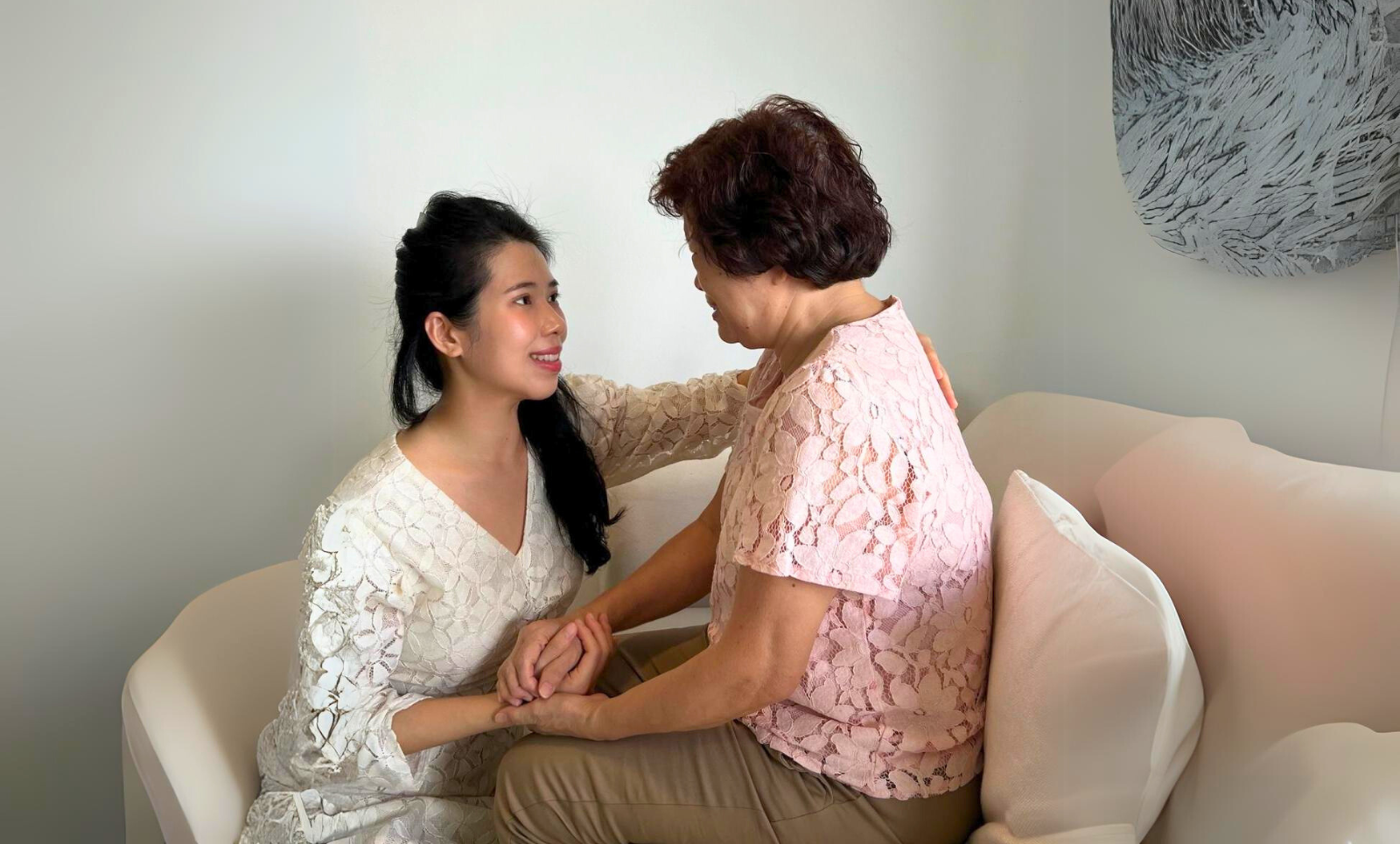
Listen Min Read As dementia progresses, the needs of those living with the condition evolve, requiring caregivers to adapt and find new ways to connect and support their loved ones.

To build competency and capability of Care Professionals, the Agency for Integrated Care (AIC) developed the Dementia Care Competency Framework to align the training pathways. This alignment was made to

Behavioural and Psychological Symptoms of Dementia (BPSD) is a term used to refer to a spectrum of non-cognitive symptoms and behaviours in persons living with dementia. These changes in their

In the later stages of dementia, a person living with dementia can develop severe difficulties with swallowing. Changes in parts of the brain that control swallowing may affect and weaken

In recent years, there has been a growing pool of dementia-inclusive design guiding principles developed by subject matter experts, intended for laypersons, caregivers, and care professionals to address and enhance

Undernutrition and weight loss are prevalent issues worldwide amongst persons living with dementia, often worsening as dementia progresses. 20 to 45% of persons living with dementia living in the community
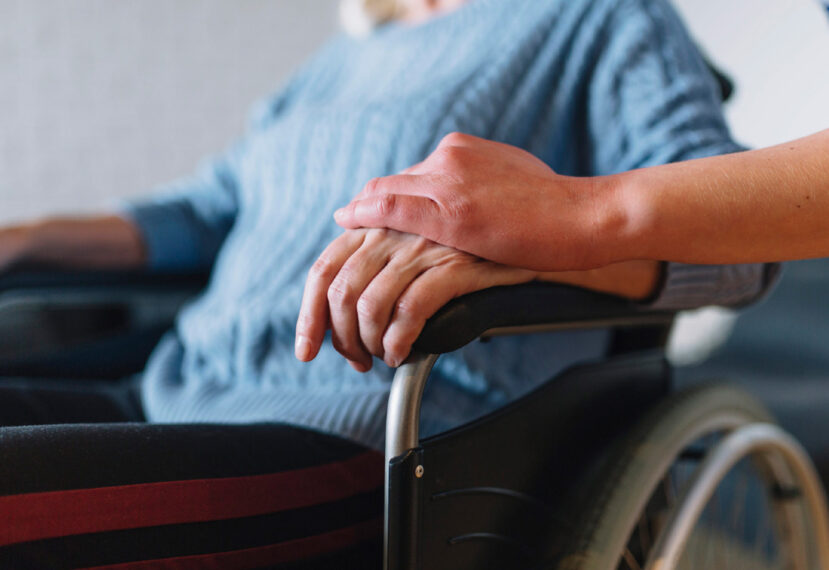
End-of-life care, or palliative care, aims to support a person in the later stages of a life-limiting condition to live as well as possible until they pass on. It also

The term “person-centred care”, as a frequently-used term and a developing area,1 does not have a single agreed definition. When loosely defined, it has been used to refer to philosophies
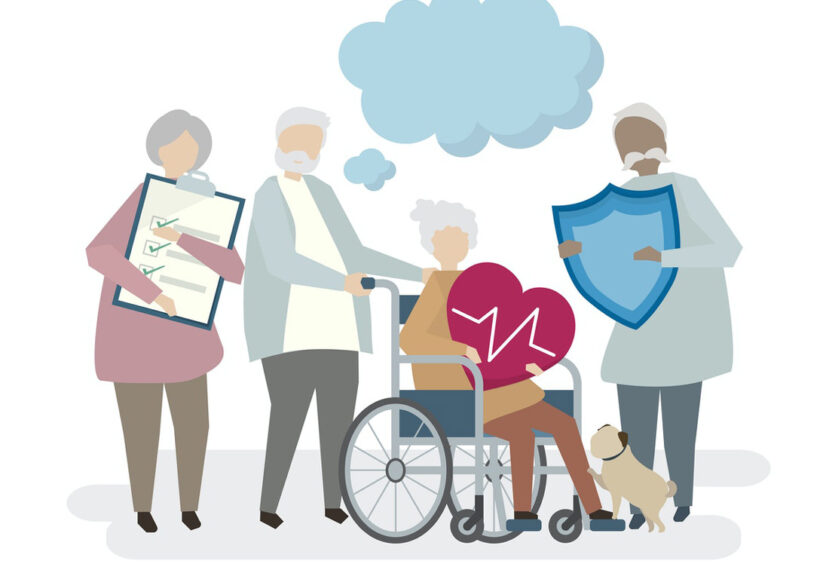
In this topic, the importance of developing a person-centred care plan for persons living with dementia is emphasised. This page also summarises some of the best practices for a person-centred
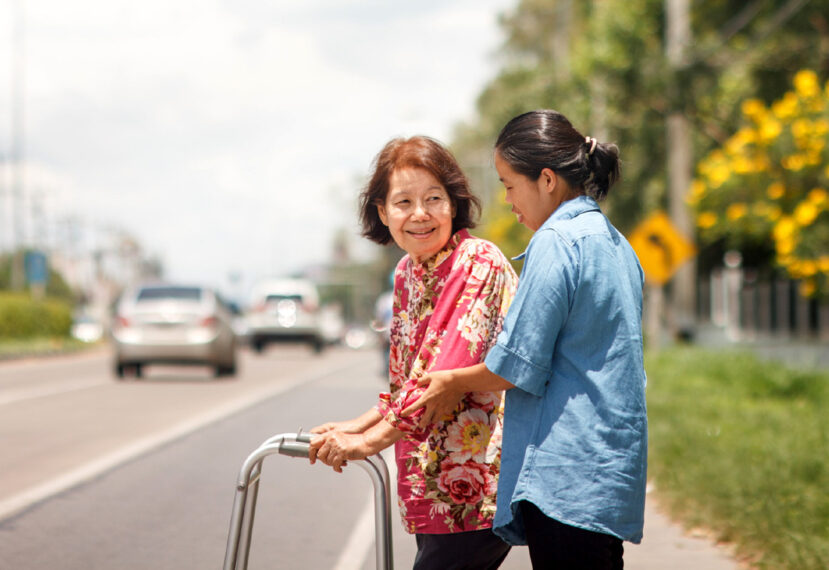
There are many scenarios where persons living with dementia may face difficulties and require assistance. The K.I.N.D Gesture and C.A.R.E Approach can help us to remember what to do and
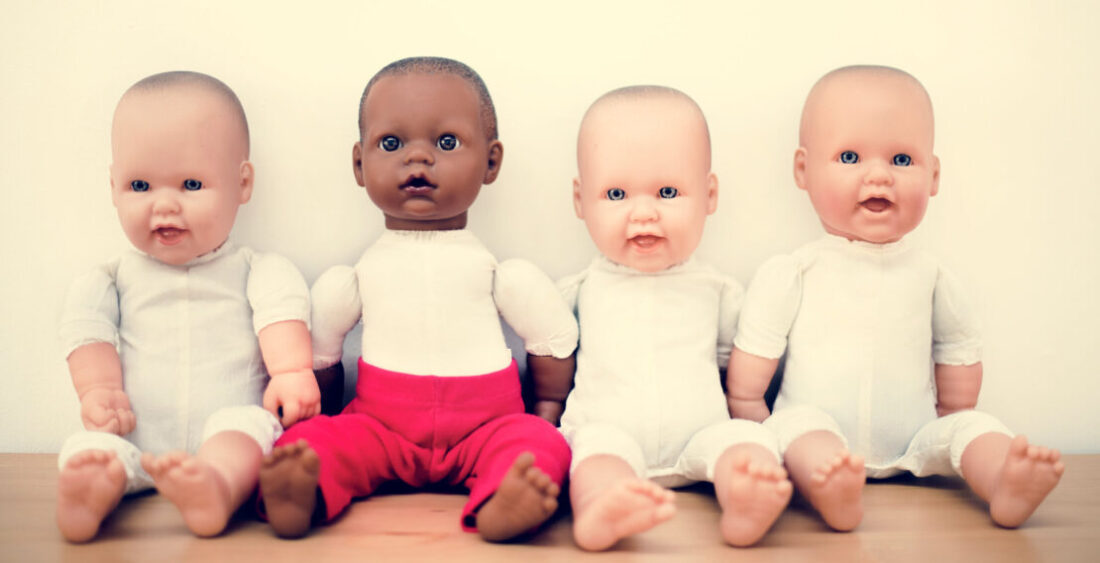
Doll therapy is a psychosocial intervention that aims to meet psychological needs of persons living with dementia. What is Doll Therapy? Doll therapy is a non-pharmacological intervention that aims to

Psychosocial interventions is an umbrella term for a wide range of non-pharmacological interventions, activities, therapies, strategies, etc. that aim to promote the psychological and social well-being of individuals. People may
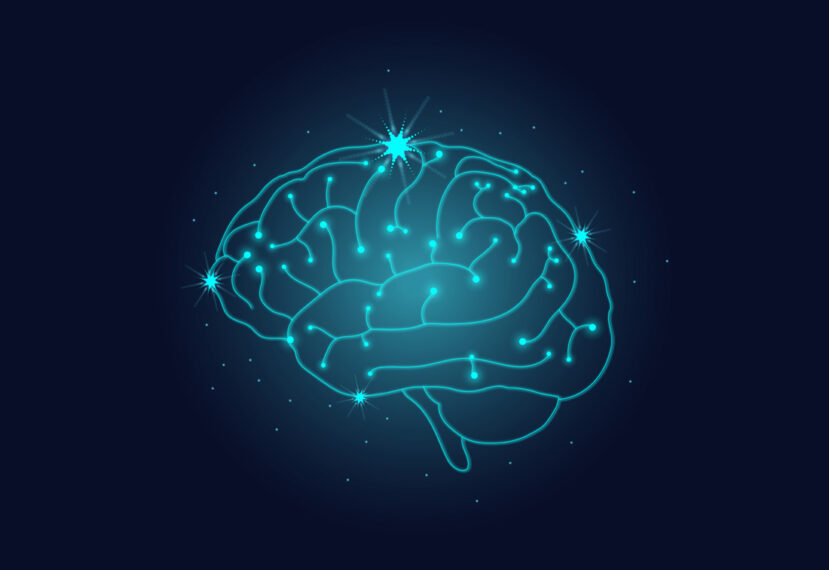
Cognitive Stimulation Therapy, or in short, CST is an evidence-based, non-pharmacological intervention (NPT) for persons living with mild to moderate dementia.1,2 It was developed by Dr Aimee Spector, a clinical

Dancing can be a form of expression for persons living with dementia too, as they connect and interact with others through dance. Read on to learn about Creative Dance, another

Nature & Background Namaste Care programme is a structured intervention for persons living with advanced dementia, which incorporates sensory intervention, social contact and environmental modification. It aims to respect the
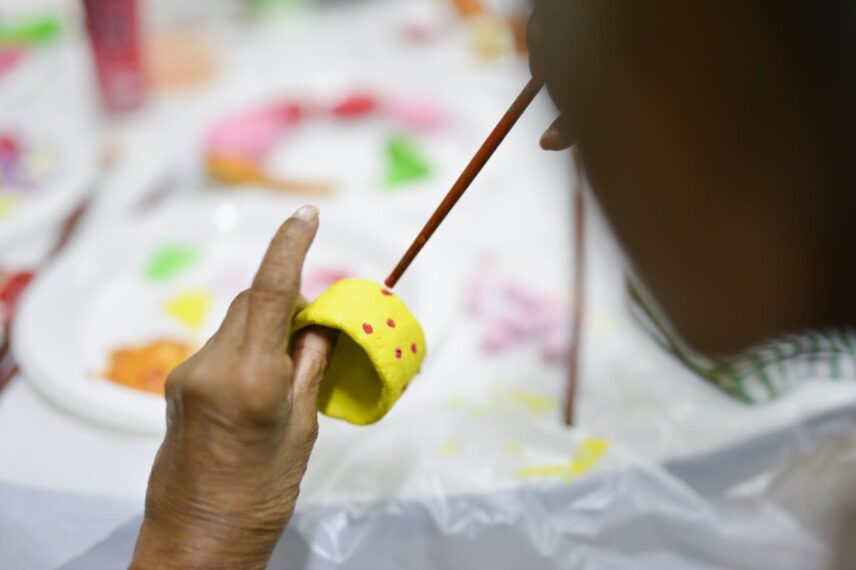
Participatory arts involve persons living with dementia and caregivers in their development, creation, and evaluation processes. Introduction Persons living with dementia gradually experience a decline in mental processes, including memory,

With the rising incidence and prevalence of dementia worldwide that is projected to continue, more efforts have been invested to address the needs of persons living with dementia and individuals

It can be difficult to accept a dementia diagnosis, and understanding the reason behind the denial is important to coming up with strategies to help your loved one. Receiving a

It can be difficult to accept a dementia diagnosis, and understanding the reason behind the denial is important to coming up with strategies to help your client. Receiving a dementia

What Are Recreational Activities? Recreational activities are activities that people participate in for leisure. These are activities that are meant to engage persons living with dementia and are not specifically

Physical exercise has positive effects on the wellbeing of persons living with dementia, whether the exercise is done for recreation or as therapy. It can be done as the main

At some point, your loved one living with dementia may behave aggressively, display an outburst of emotions, or act angrily towards individuals around them. Find tips to managing these behaviours.

Persons living with dementia, especially in the earlier stages of dementia, may choose to live alone to maintain their independence for as long as possible, or to remain in a

A family discussion on sharing caregiving responsibilities can be very helpful when your loved one has been diagnosed with dementia. Some families may think it is taboo to discuss concerns
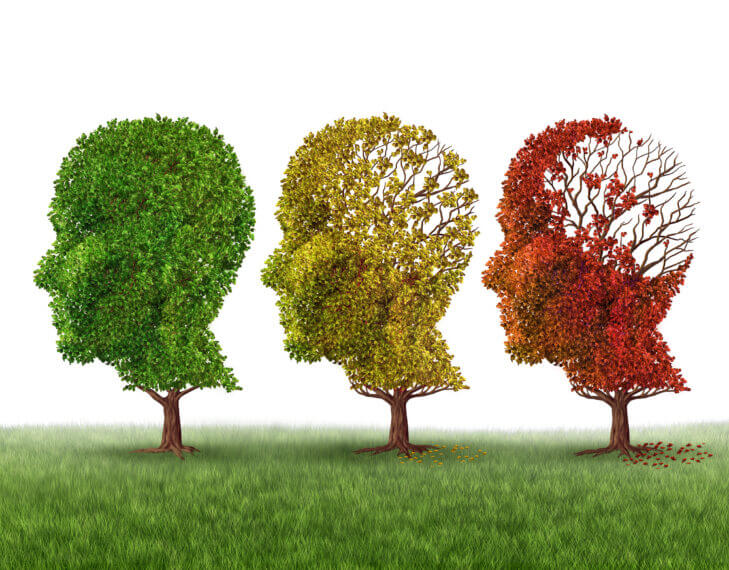
The progression of dementia comes along with changes in persons living with dementia: Abilities in Activities of Daily Living (ADLs) Behaviours Cognitive Function Orientation to People, Places and Time Dementia

There is no single cause of dementia. Rather, a combination of multiple factors is associated with the development of dementia. Family history and lifestyle factors, such as exercise patterns, dietary

There are many myths surrounding dementia. Here are some common myths that have often exacerbated the stigma of dementia and perpetuated negative stereotypes about the condition. Dementia is an illness
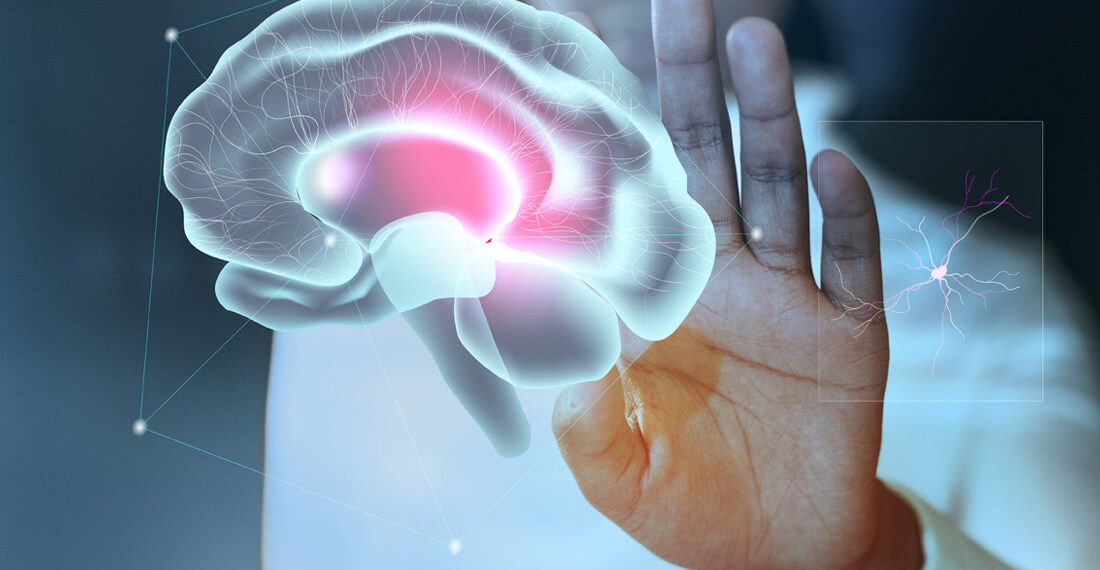
Dementia is a collection of different symptoms characterised by a progressive worsening of memory and intellect (cognitive abilities), orientation, or personality, that is caused by the diseases that affect the

Here are four common non-modifiable risk factors of disease that have been associated to the development of dementia. The greatest risk factor for dementia is age. Although age increases risk,

Although factors such as genes, gender, race, and age are not within control, there are things that can be done to reduce the risk of developing dementia. Individuals can make
Copyright © 2026 Dementia Singapore